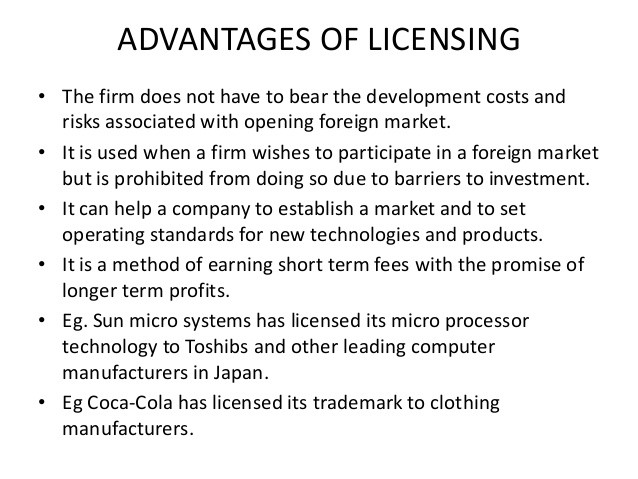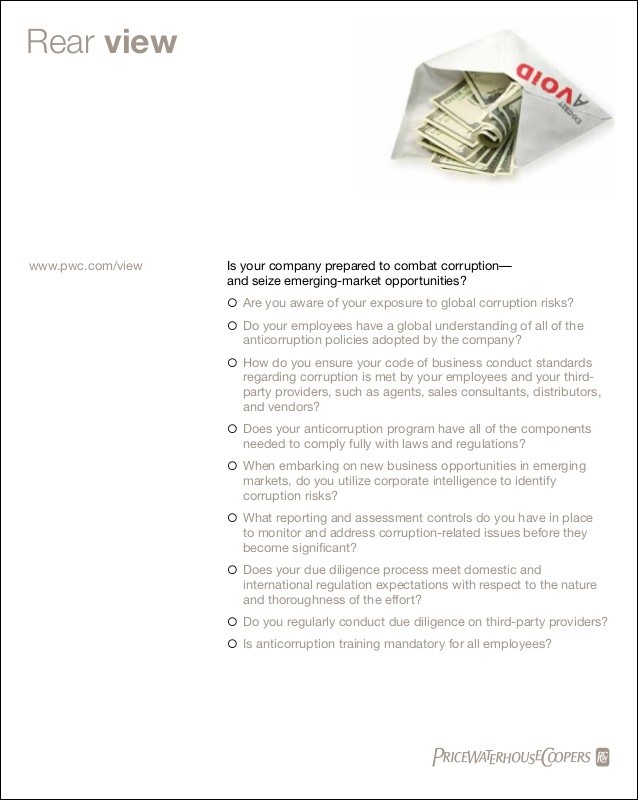Overseas Business Risk Croatia Open to Export
Post on: 16 Март, 2015 No Comment

Information on key security and political risks which UK businesses may face when operating in Croatia
Political and Economic
Croatia proclaimed independence in 1991, and has made significant progress in overcoming the characteristic difficulties of a county in transition and the legacy issues associated with the war which ended in 1995. Croatia was given EU candidacy status in 2005. The accession negotiations were completed in June 2011 and Croatia officially joined the EU on 1 July 2013. Croatia has also been a NATO member since April 2009.
Croatian legal framework is based on Austrian and German legal framework and has been to the most part successfully reformed according to the Acquis Communitaire. The Constitution of the Republic of Croatia guarantees free transfer of capital and free profit repatriation to investors and Croatian laws guarantee equal rights for domestic and foreign private and legal entities
The political environment is stable. A centre-right coalition government that has been in power since January 2008, lost the December 2011 elections. A new coalition government, lead by the Social Democratic Party will be leading the country until the new elections in 2015. This election had little impact on Croatias priority of achieving EU accession, which has wide cross-party support.
Croatia is not insulated from global financial crisis and the country is currently experiencing an economic downturn with falling GDP, shrinking retail sales, decline in exports and reduced foreign investment. Nonetheless, Croatian economy is one of the most developed in Southeast Europe. Croatia has a very stable currency and a low inflation rate. The structure of the Croatian economy is dominated by the service sector, primarily because of a very well developed tourism industry. 11.2 million tourists visited Croatia in 2011 out of which 9.9 million were foreigners. Tourism industry incomes were 6.6 billion Euro in 2011. Other key target sectors include Marine and Leisure, Education, Creative Industries, Security Sector, Food and Drink, Environment Protection and Water, Energy and Ports.
More information on political risk, including political demonstrations, is available in the FCO Travel Advice.
Business and Human Rights
Given that Croatia is the newest EU member, Croatia is continuing to take various steps to raise public awareness and improve the protection of fundamental human rights. In Croatia, human rights are protected by the Constitution of the Republic of Croatia, international treaties to which Croatia is a signatory and the Law. Despite the challenges from Croatian conservative population Government commitment to protection of human and minority rights moving in the positive direction.
Employees have the right to join trade unions of their choice without prior authorisation and union representatives are protected against anti-union discrimination. The right to strike is recognised by law.
Despite the fact that the proportion of women in leading positions in economic and political decision making bodies is still not equal to men, the number of women in these areas has been increasing and institutional mechanisms for gender equality at government levels are developing. Minority representation in state institutions is well respected although does not exceed 5%. Some positive steps in Roma access to education and labour market reflecting Government efforts for higher Roma integration.
Generally there have been no distinct problems with civil and political rights. Furthermore the freedom of thought, conscience and religion are well respected. Freedom of speech is broadly respected and there is a free and plural press. Introducing Freedom of Information Commissioner demonstrates Croatias commitment to freedom of expression.
Bribery and Corruption
Bribery is illegal. It is an offence for British nationals or someone who is ordinarily resident in the UK, a body incorporated in the UK or a Scottish partnership, to bribe anywhere in the world.
In addition, a commercial organisation carrying on a business in the UK can be liable for the conduct of a person who is neither a UK national or resident in the UK or a body incorporated or formed in the UK. In this case it does not matter whether the acts or omissions which form part of the offence take place in the UK or elsewhere.
The European Commissions Comprehensive Monitoring Report on Croatia states that With regard to the fight against corruption, an adequate legal and institutional framework remains in place and a track record of implementation continues to be developed. Law enforcement bodies remain pro-active, especially on higher-level cases. Local level corruption needs attention, particularly in public procurement. Croatia has improved its track record of strengthened prevention measures by means of a number of preventive legal instruments.
The Business Anti-corruption Portal reports that, Small and medium-sized enterprises (SMEs) have the perception that the majority of civil servants expect to be bribed when meeting with companies, but in most cases SMEs do not report actual occurrences of bribery and Although foreign investors are legally entitled to national treatment, Croatias ineffective legal system and a lack of transparency within both private and public sectors have presented the greatest challenges to investors. Transparency in developing legislation and regulations is often hampered by an inefficient public administration and a lack of intra-governmental coordination. The significant backlog of cases has made dispute resolution via the courts an undesirable option for companies. As a result of the very long timeframes involved in obtaining judgements in court, companies often try to resolve disputes without seeking judicial remedies.
Visit the Business Anti-Corruption portal page providing advice and guidance about corruption in Croatia and some basic effective procedures you can establish to protect your company from them.
Read the information provided on our Bribery and corruption page.
Terrorism Threat

There is an underlying threat from terrorism. Attacks, although unlikely, could be indiscriminate including in places frequented by expatriates and foreigners.
Read the information provided on our Terrorism threat page
Protective Security Advice
The Centre for the Protection of National Infrastructure also provides protective security advice to businesses
Croatia has a low crime rate and violent crime is rare. British citizens should be aware that on occasions, customers have been the victims of overcharging in some so-called Gentlemens Clubs’, sometimes thousands of Euros, and threatened with violence when they refuse to pay.
Read the information provided on our Protective security advice page
Intellectual Property
Intellectual Property Rights are territorial, that is they only give protection in the countries where they are granted or registered. If you are thinking about trading internationally, you should consider registering your IP rights in your export markets.
For information on registering your trademark or patent in Croatia you should contact the State Intellectual Property Office of the Republic of Croatia
Read the information provided on our Intellectual Property page.














